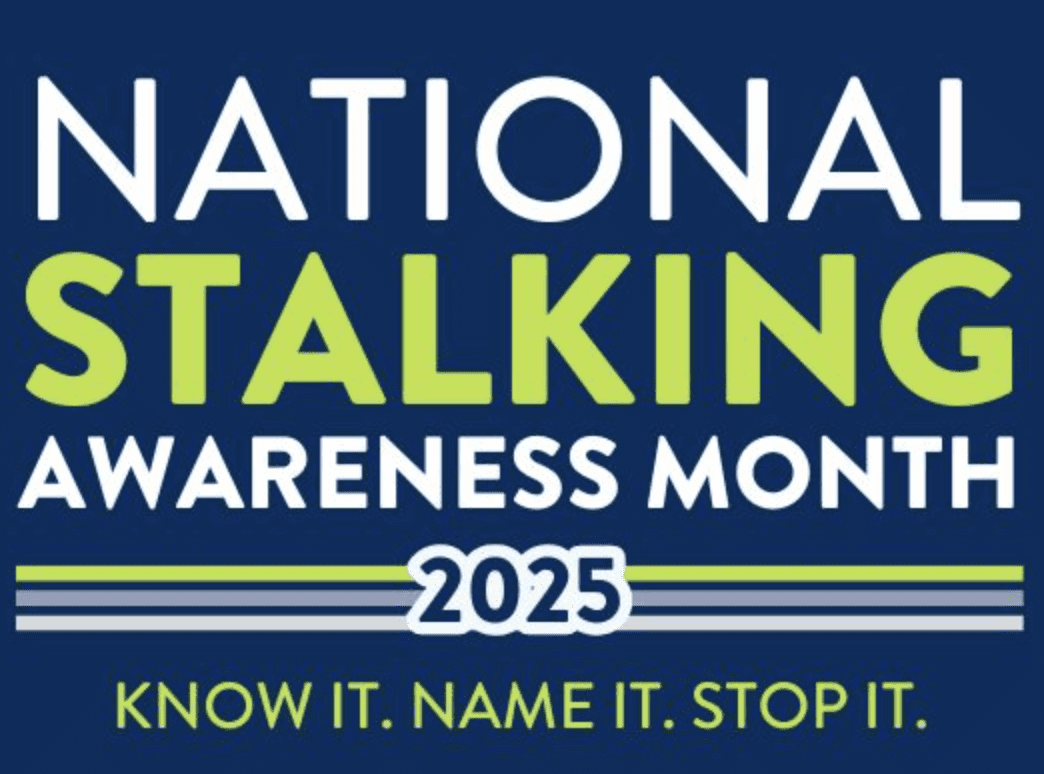1) African-Americans are less likely to have their eyes examined by an eye care professional than any other race.
True or False
2) Glaucoma is four-times likely to cause blindness in African-Americans than in Caucasians.
True or False
3) Many vision-threatening diseases can be cured or treated if detected early.
True or False
Believe it or not, each statement is true. According to the National Institute of Health (NIH), only 76% of African-Americans reported having their eyes examined by an eye-care professional in comparison to 80% Latinos/Hispanics, 84% Asians, and 86% Caucasians. Glaucoma, a build-up of fluid pressure within the eye and the leading cause of blindness in the United States, is three times more likely to occur and four times likely to cause blindness in African-Americans over the age of 40 years than in Caucasians. The earlier a vision disorder is diagnosed and treated, the chances of a long-term adverse effect decreases significantly, especially in children.
“Every child should have an eye exam before the age of 5 years because certain eye conditions can easily be fixed during the development of neurological pathways. If diagnosed past the critical age range of 7 to 9 years it is very difficult to reverse the condition and the child will have a life-long handicap that will certainly change their life or career choices,” said Dr. Robert Jones, Optometrist and co-founder of the Jones Vision Center located at 1515 Lake Lansing Rd, E. Lansing, Michigan.
Early warning signs of a child experiencing vision loss may include closing or covering one eye, squinting, complaining of objects appearing blurry and difficult to read, and blinking more than usual to name a few. Having a child’s vision examined is extremely important, especially if a family history of vision problems is present.
Causation of vision impairments is not limited to genetic influences. Many times disorders may arise secondary to other ailments. Diseases such as Diabetes Mellitus, hypertension, and diseases of the autoimmune system such as Rheumatoid Arthritis can severely damage the eyes. Diet choice can also vastly influence the eye health. “I have seen trends, most of the time a poor diet leads to premature cataracts or other eye conditions” explained Dr. Jones. “Large imbalances or dietary deficits will cause premature aging in the eye and elsewhere”.
Overexposure to the ultraviolet rays (UV) emitted from the sun is another cause of vision impairment. Over time, the eyes exposure to the sun, even during days of overcast, may cause numerous ailments such as macular degeneration, cataracts, pterygium (abnormal growth over the white of the eye), corneal sunburn, and skin cancer around the eyelids.
Wearing protective gear throughout the year such as sunglasses that filters at least 99% UV protection, eating a healthy diet, and following doctor recommended examination schedules are habits which should be practiced to maintain healthy eyes. Below is a list of Dr. Jones’ recommendation of examination frequencies:
o Contact lens or eyeglass wearers should have their eyes examined annually.
o Individuals with strong prescriptions need an annual exam.
o Those aged 50 years and older should have annual exams, especially if a family history of glaucoma exists.
o Healthy individuals without a family history and perfect vision reported on last eye exam are able to schedule eye exams every 4 years.
For more information on what you can do to protect your vision and those of your loved ones, speak with an eye care professional and visit the National Eye Institute at www.nei.nih.gov.
Deana Newman is currently a Cardiovascular Perfusionist at Sparrow Hospital and a Master’s candidate in Health Communications at Michigan State University.



